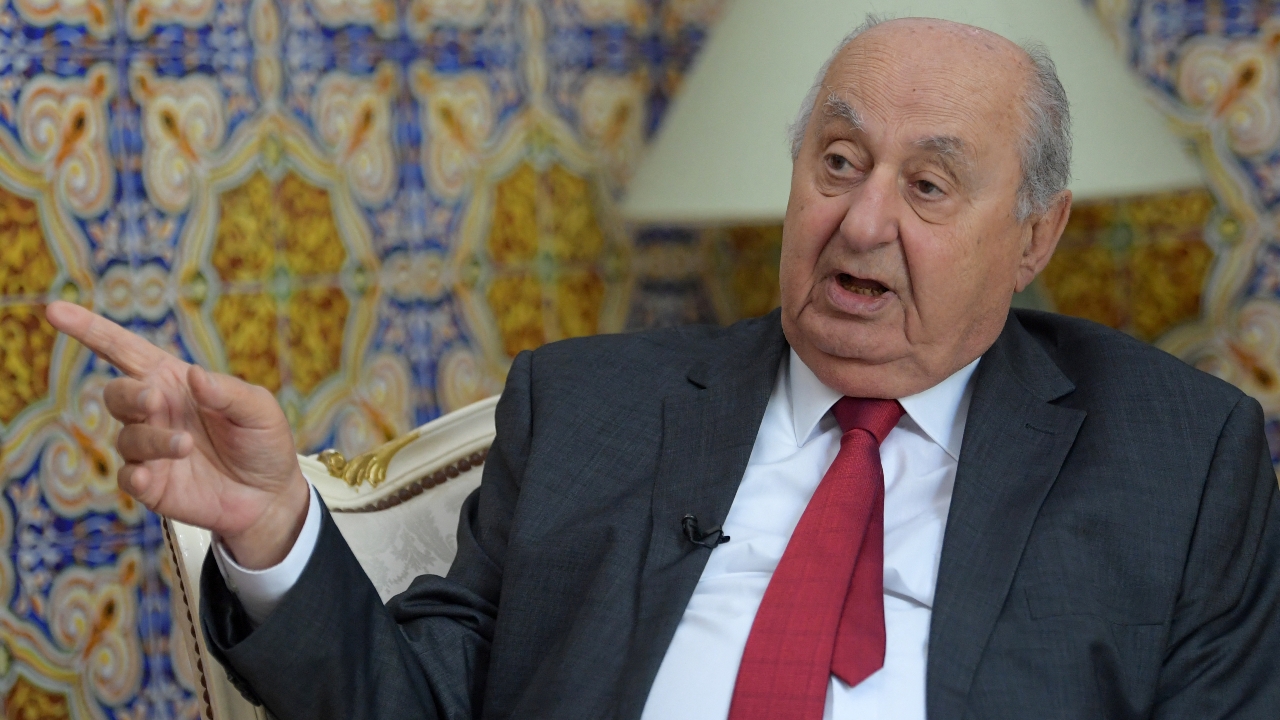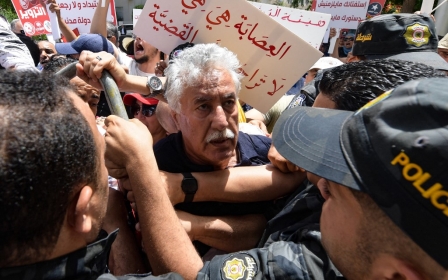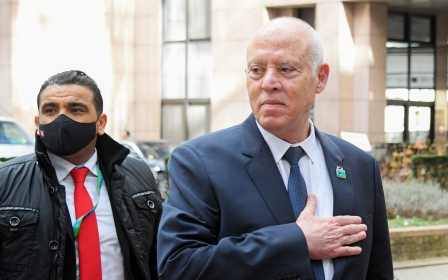Tunisia: New constitution 'will remove reference to Islam'

The man charged by President Kais Saied with rewriting Tunisia's constitution said on Monday that he would present a draft stripped of any reference to Islam, arguing it was to prevent political "extremism".
The first article of a constitution adopted three years after the North African country's 2011 revolution says it is "a free, independent and sovereign state, Islam is its religion and Arabic is its language".
But Sadeq Belaid, the legal expert appointed last month to head a committee to draft a new constitution, told AFP "80 percent of Tunisians are against extremism and against the use of religion for political ends".
"That's exactly what we want to do, simply by erasing Article 1 in its current form," he said in an interview.
The draft will be presented to Saied ahead of a planned 25 July referendum.
New MEE newsletter: Jerusalem Dispatch
Sign up to get the latest insights and analysis on Israel-Palestine, alongside Turkey Unpacked and other MEE newsletters
Asked whether there would be any reference to Islam in the new constitution, Belaid said "there won't be".
The new constitution is at the heart of Saied's roadmap for rebuilding Tunisia's political system, after a power grab last July in which he sacked the government and later dissolved parliament.
Belaid, who once taught Saied and now heads the president's National Consultative Commission for a New Republic, said he would present the new draft by 15 June.
The president is then to sign off on the text ahead of a popular vote.
Belaid, 83, said he wanted to tackle Islam-inspired parties such as Ennahda, which had the largest number of seats in the parliament before it was dissolved.
"If you use religion to engage in political extremism, we will not allow that," he said.
"We have political parties with dirty hands. Whether you like it or not, French or European democrats, we won't accept these dirty people in our democracy."
While some Tunisians have welcomed Saied's actions against a system they see as corrupt and inept, others have warned that he risks erasing the country's democratic gains over the last decade.
Middle East Eye delivers independent and unrivalled coverage and analysis of the Middle East, North Africa and beyond. To learn more about republishing this content and the associated fees, please fill out this form. More about MEE can be found here.




